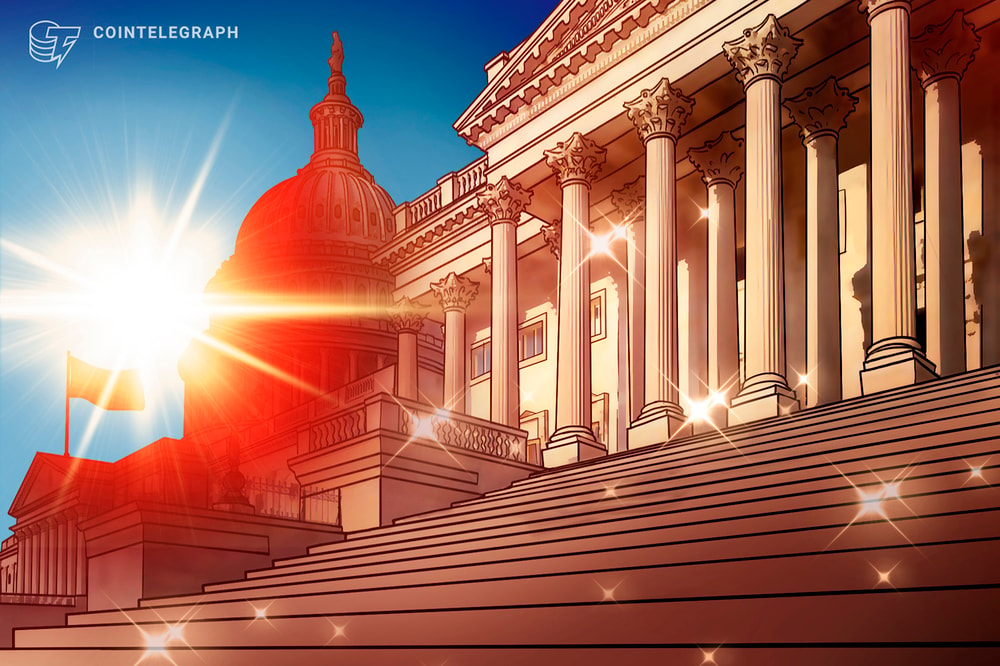The US House has added a provision banning the Federal Reserve from issuing a central bank digital currency (CBDC) into a nearly 1,300-page bill setting the country’s defence policy for the 2026 fiscal year.
A revision of HR 3838, the House’s version of a bill implementing the National Defense Authorization Act, was shared on Thursday by the House Rules Committee to include sweeping language banning the Federal Reserve from studying or creating digital currency.
The House passed a similar Republican-backed bill, the Anti-CBDC Surveillance State Act, in July with a slim vote of 219 - 210, which now has an uncertain future in the Senate. – Cointelegraph report
A lot of people are not buying the idea that the government is anti-surveillance and CBDCs would be quite instrumental to monitoring and controlling a population.
Why would the Federal reserve be banned from issuing a CBDC, just like the rest of the nation can since a CBDC is a stablecoin too?
I think we shouldn't jump into speculating that there's some smart plan under the surface of any of this because we could be wrong.
The government could be clueless of what the impact of any of these things will be.
I mean, on paper, it makes sense to enable businesses to issue their own stablecoins, but when you dig deeper into it, there are lots of risks to that. What happens when a single issuer becomes really large?
What if an issuer were to onboard $10 trillion on-chain, how would such dominance affect the economy and national security?
What we are looking at here is enough money to generate $400 billion in revenue yearly at a very low cost.
What would a company with that much power do?
Are centralized stablecoins not CBDCs at the end of the day though?
This is another question to ask. Some of us have already called it that and the reasoning behind it is rather simple.
Some people think of CBDCs as something the Fed must directly control and if anyone knows the Fed, they'd know that many things the world seems to think they control aren't exactly controlled by them.
In the same way, why should we really expect that a CBDC has to come from them?
Ok, maybe the words “central banks issued” is the problem?
Truth is, the issuers don't matter, it is who governs the system that does!
The governance body makes policies and decisions that impact the markets.
Centralized stablecoins have everything a CBDC would need for total surveillance and control. It is KYC’d in most cases and more importantly, has a freeze function that is centrally managed.
Many will say that calling centralized stablecoins a CBDC is a stretch but it doesn't matter how they feel about it. If it is centralized, it is subject to government oversight and that makes it a government project by proxy.
Embracing decentralized finance is the only way to escape that reality. Because even though all and more of what centralized stablecoins can do, can be done even with a decentralized one, the difference is that the ability for anything to be done, outside of the autonomously executing code, decentralized consensus ought to be reached, making it significantly difficult for a selfish or harmful agenda to be enacted.
In case you missed it
In earlier report, US FED's vice chair for supervision of the board of Governors of the Federal Reserve System, Michelle Bowman, said that crypto tech could bypass traditional banking system altogether, while urging that staff be allowed to invest and use crypto to understand it.
Thank you for reading!
Posted Using INLEO
